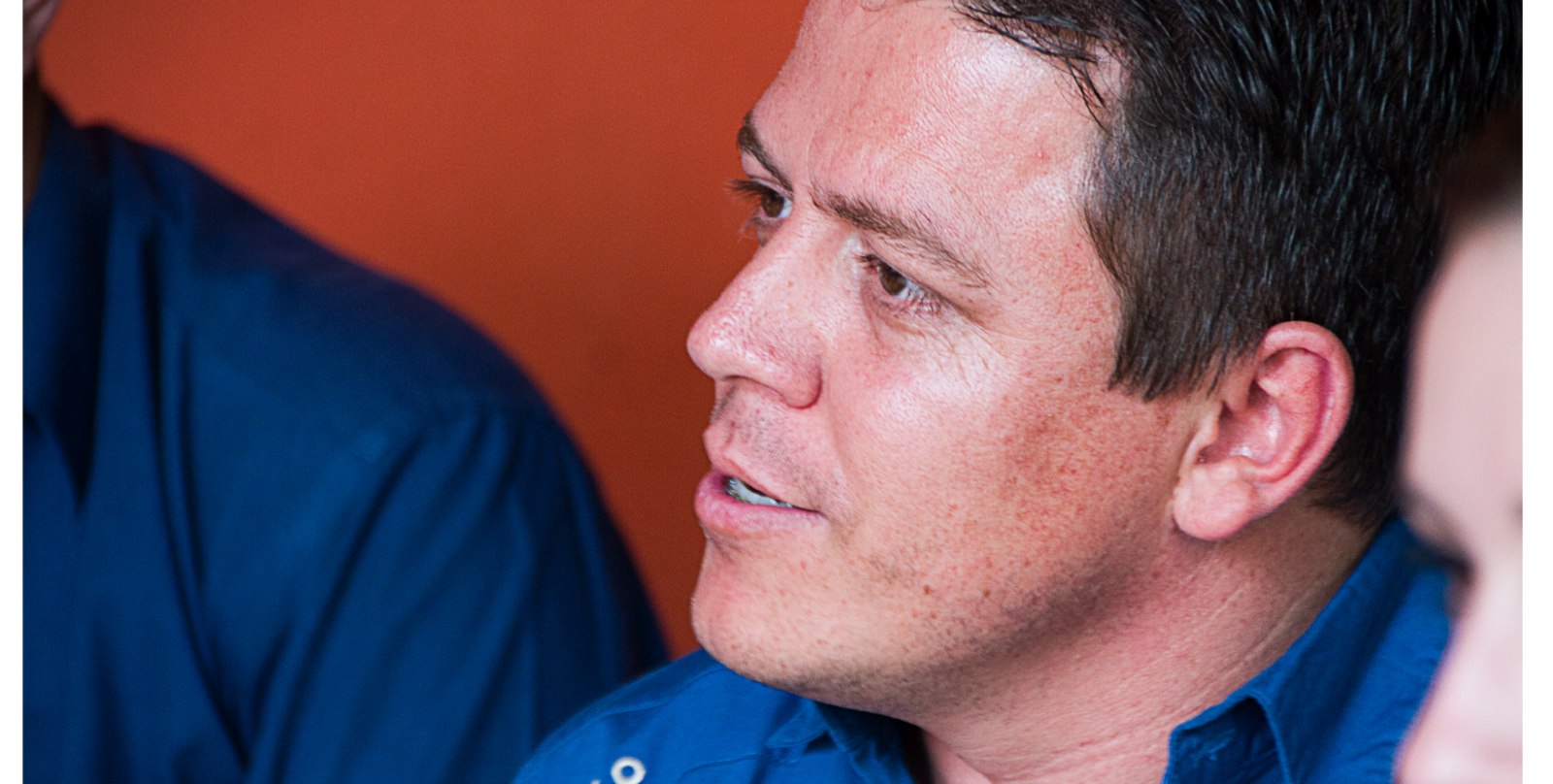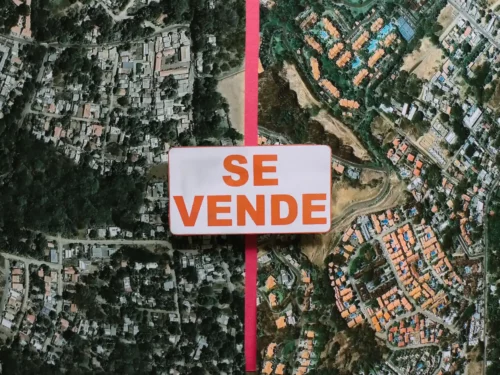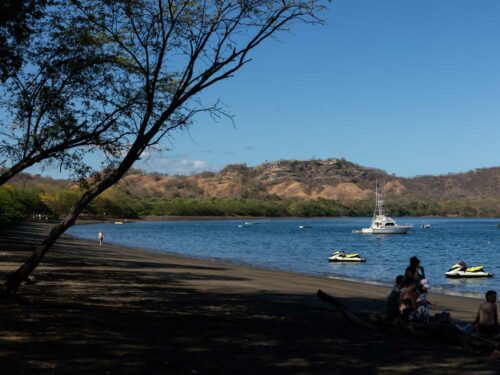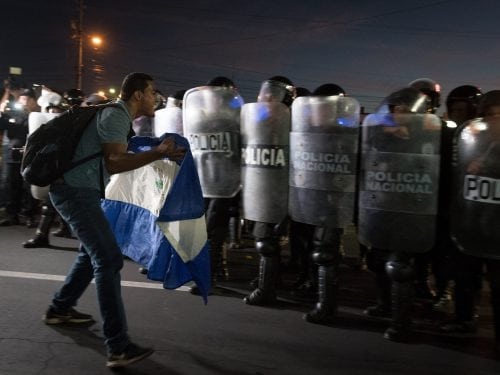
Representative Franklin Corella of the Citizen Action Party (PAC – Partido Acción Ciudadana) toured several places in Guanacaste, including Nicoya, during the weekend of June 6, 7 and 8.
The Alajuelan is the representative designated by PAC to attend to the province’s issues. During his visit to Nicoya, he met with the canton’s faction to develop a work plan. However, the subjects discussed during the meeting were mainly internal party matters and disagreements among its members.
Corella spoke with The Voice of Guanacaste and assured that PAC’s priority is to develop participatory democracy, rather than a representative one, and that they are seeking to end the province’s patronage system. Corella said that Guanacaste’s main problem is the national roadways infrastructure, though they will also work to decrease inequality, approve the Coastal Territories Law (TECOCOS – Ley de Territorios Costeros Comunitarios) and to invigorate the local economy. To do so, Corella believes it is necessary to decentralize power and give more authority to the districts of each canton.
The Voice: What are your priorities as a representative for Guanacaste?
The proposals will be to solve the issue of inequality, the issue of poverty, to activate the local economy with productive links to the people who need them, not [just] PAC or campaign supporters. Social assistance will go to those who need it. We have to confront agricultural issues along with the [Inter-American] Development Bank. The TECOCOS issue is a bill that concerns us and is under discussion; it has been an important cause for PAC and the Broad Front (Frente Amplio), [as well as] the issue of health infrastructure, education and communication channels.
The Voice: Are there specific dates for those priorities?
The problem that we’ve found in Guanacaste is that there has never been planning. Guanacaste, sadly, has always been outside of politicians’ attention, and here projects aren’t designed around a list of priorities but instead in response to special interests.
The Voice: How will the civil society advisory council work?
It’s a consultative council of civil society based on deep respect for local government. Here we will sit with mayors and build and plan development to define priorities, and together complete projects.
The Voice: Are there going to be councils in very canton?
The framework that we want will be by district. In the councils there will be representatives from education, development associations, activists, youths, organized groups and we will create agendas for development. In PAC’s government, the module for development will not be the canton but rather the districts, which will allow us to focus decision making, also bringing investments directly to the people who most need them.
The Voice: Is that to say that syndics will play a more important role than councilors?
Syndics will have a role. The mayor’s office is included, as well as regulations; we settled on a body called consultative councils of civil society in the district and we are making a schedule for action for development in coordination with the [Legislative] Assembly or with different ministries, which is called participatory budgeting. It means evolving from representative democracy to participatory democracy. When that happens, it will end political patronage.
The Voice: Do you believe it’s possible to achieve that with the arguments that have just happened here?
What just happened here was merely a partisan political argument. When this council is established it will involve people from all parties, not just PAC, and it will even involve representatives from other parties. We’ll move Guanacaste forward for everyone.
The Voice: According to the arguments that were expressed today, is PAC divided in Nicoya?
No. When a party grows as PAC has grown, that happens. It’s the transition from adolescence to adulthood and these arguments are going to happen.
The Voice: How often will you be coming to Guanacaste?
Once per month. I am in charge of the subject of infrastructure and will be the link to Carlos Segnini [Minister of MOPT].
The Voice: Has the subject of route 160 been discussed?
Remember that Carlos has [been minister] less than a month and he is still in the diagnostic stage.
The Voice: Bridges?
Bridges are a priority. They are the most expensive kind of infrastructure but can also be subsidized. There is a small loan that is going to come in at the end of this year of ₡140 million ($280,000) from the BID (Inter-American Development Bank) for the entire national infrastructure. Obviously we are aware that Guanacaste’s main problem is infrastructure and we are going to start to work on that.







Comments